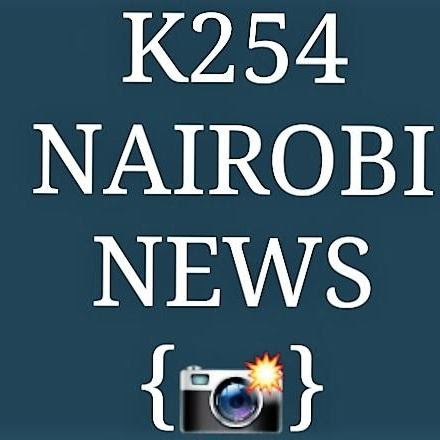AfCTA launch digital hub to ease trade in Africa
The African Continental Free Trade Area (AfCFTA) Secretariat has launched a digital platform aimed at easing trade on the African continent.
The platform dubbed – The AfCFTA Hub (www.afcfta.app) – is an interconnect clearing house or nexus for national government, intergovernmental, private, and public digital and partnership platforms to link together in ways that simplifies and smooth the way for SMEs and startups to drive the success of the the African Continental Free Trade Area.
The Hub is designed to grow into a single, trusted directory of the services needed to navigate the AfCFTA for small players, thereby making the AfCFTA the most inclusive Free Trade Area in the world.
The AfCFTA Hub also powers the “AfCFTA Number”, a trusted identity and social score for all SMEs, startups and other AfCFTA players.
“It is important to ensure the centrality of SMEs, startups and female entrepreneurs as we strive to build the world’s most inclusive, most innovative and most integrated Single Market.” said Wamkele Mene, Secretary General AfCFTA.
Kenya is one of the seven countries that have been selected to start trading under the AfCFTA framework in a pilot phase to test the environmental, legal and trade policy basis for intra-African trade.
Following the selection, the East African Country recently launched its National AfCFTA implementation strategy to fast track implementation of the AfCFTA.
The Strategy identifies priority export products and sectors for goods and services aligned with Kenya’s national development goals and aspirations, including the Integrated National Export Development and Promotion Strategy (INEDPS) and the Big Four Agenda.
The launch of the Kenya AfCFTA National Implementation Strategy is one of the key action parts of the EU-funded project: ‘Deepening Africa’s Trade Integration through Effective Implementation of the AfCFTA to support Economic Integration’ with a total budget of € 8 million.
The AfCFTA Hub platform and ongoing engagements among the AfCFTA Hub Network, the Kenya Export Promotion Agency and other government of Kenya agencies forms one of the bedrocks on which Kenya’s participation in the AfCFTA pilot initiative rests.
Other African countries like Zambia, Namibia, Malawi and Ghana are in advanced implementation stages of both the AfCFTA guided pilot and AfCFTA Hub platform implementation.
A subsidiary module of the platform to address the risks of market liberalisation for supply chains is the ProPer Seals system (www.properseals.org), designed to stop such vices as dumping, smuggling, counterfeiting and illicit trading that might flourish if adequate protections are not put in place.
The major components of the AfCFTA Hub platform include, in addition to the ProPer supply chain security system, e-logistics, a digital transactions marketplace, a regulatory harmonisation and a trade facilitation mechanism to minimise blockages in free and open trade technically referred to as “non-tariff barriers”.
The AfCFTA Hub is not a self-contained system, like an e-commerce or e-marketplace application. Rather it is the crux of an interconnection system that enables multiple digital solutions at the private, public, national government and intergovernmental levels to talk to and coordinate with each other to simplify and accelerate the participation of, especially, SMEs and startups in the AfCFTA process. So, for example it fosters the digitisation of customs and other procedures by smoothing the paths for digital certificates of origin used in different countries to be interchangeable with each other whilst allowing goods carriers in one national market to be able seamlessly handover shipments to their counterparts in other markets rhus speeding up movement of consignments and considerably lowering the costs of delivery across the Single Market.
It also strengthens retail chains interoperability and create conditions for small e-commerce and e-delivery operators to optimise their services by benefitting from regional “economies of scale”. As a single window interoperability mechanism and a one-stop shop mechanism for regulatory coordination, plans are also underway for the platform to create a crucial role in addressing the serious fragmentation of product registration and other processes essential to successful market integration.
Experts are of the view that without such digital coordination across countries it would take much longer for the benefits of AfCFTA to be realised across the continent.
The AfCFTA provides the opportunity for Africa to create the world’s largest free trade area with the potential to unite more than 1.2 billion people in an economic bloc with a gross domestic product valued at least $2.5 trillion and usher in a new era of development.
The AfCFTA Hub Network which backs and resources the AfCFTA Hub platform was convened by the AfCFTA Secretariat, African Union, and AfroChampions, with strong support by the likes of BADEA, Ecobank, MTN, Village Foundation, Credmap, Afreximbank, Koldchain, Dominion, IC Publications, PAQI, Konfidants, ARSO and AAS.




No comments:
Post a Comment
Dear Reader, We Appreciate Your Comments#They Keep Us Moving